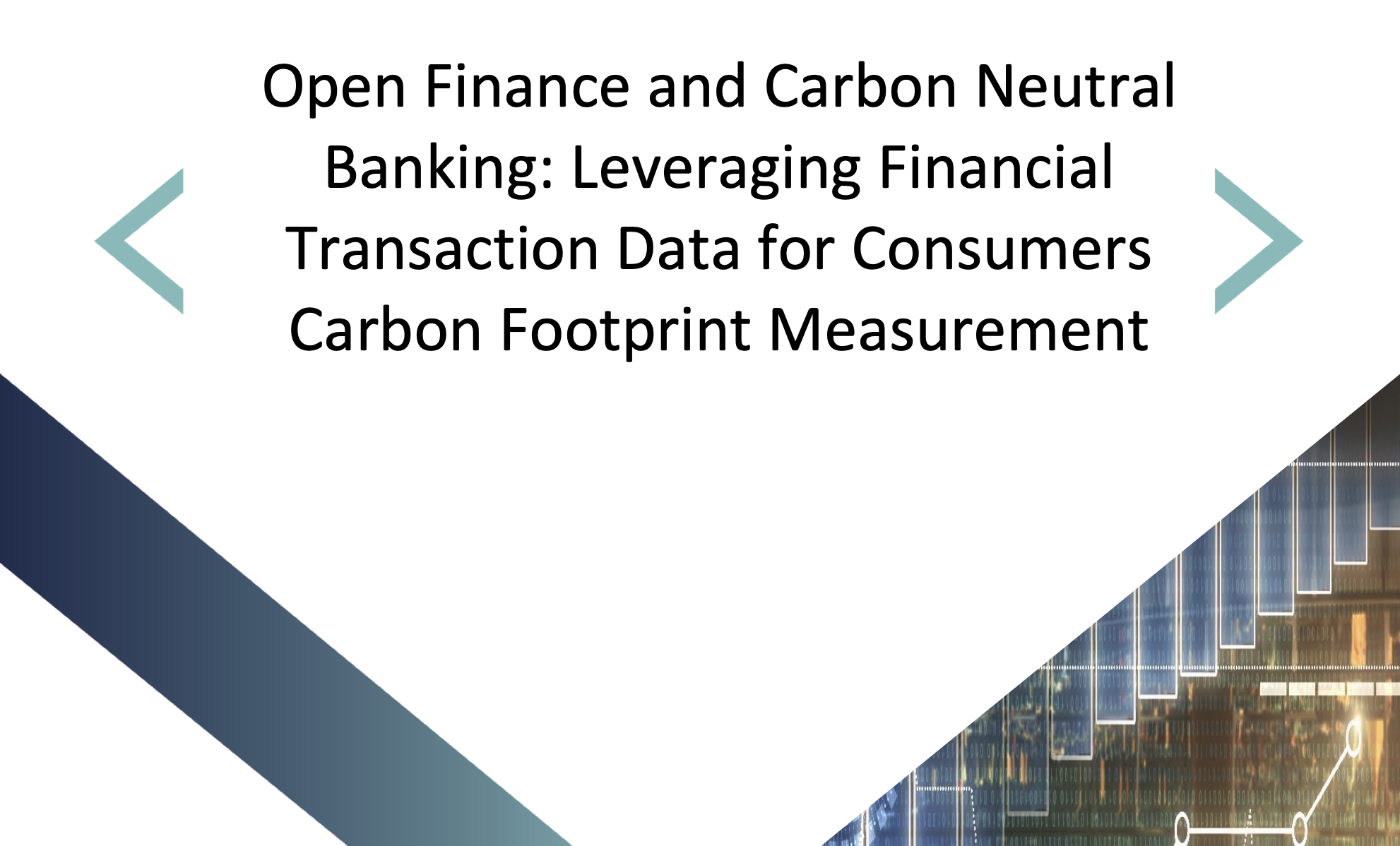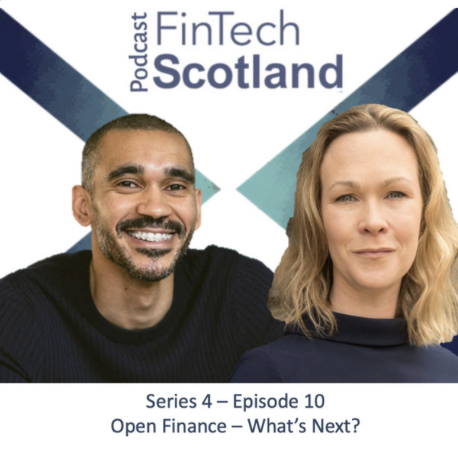The Evolution from Open Banking to Open Finance

Bryn Coulthard is the Chief Product and Technology Officer at Smart Data Foundry, coming originally from a background in banking technology and product. The goal of the Smart Data Foundry is to safely unlock the power of financial data to provide huge benefits to society and inspire innovation by delivering economic, social and environmental benefits for everyone.​
As the UK’s journey progresses from Open Banking to Open Finance, Coulthard stands by the need for the development and evolution of standards. Whilst the UK mandated that providers deliver against API standards, Europe’s PSD2 approach decreed that banks needed to provide APIs but did not prescribe what these should look like. Today, as a result, we can see the level of adoption of Open Banking in the UK is much higher as opposed to Europe, due to the EU’s large array of differing standards. Such a myriad of standards means both fintechs and aggregators have to now build and develop complicated solutions to handle these multiple APIs.
With ever-increasing complexity in the global Open Finance standards landscape, Smart Data Foundry maintains a Standards Library to help financial institutions and innovators quickly and easily assess technical standards adopted by a geography or financial system. “We look at Open Banking and Open Finance standards across the globe, and we maintain and update those standards as they evolve,” explains Coulthard.
Coulthard is firmly of the view that standards need to be enhanced to be much more prescriptive about how APIs perform in terms of performance and availability. While in the past the UK was certainly a leader in this space, we’re now starting to see other countries learning from and building upon what’s been achieved in the UK. For example, Australia is more advanced in driving wider value through their core Consumer Data Right standards, Brazil has begun to really embrace Open Finance, and some Middle Eastern countries are beginning to push some quite strong Open Banking standards. “What we’re seeing internationally is that people have gone beyond the UK’s position and are now looking at ways to build on what we did and bring things to the next level. We need to learn from that as well,” he emphasises.
Coulthard strongly believes that Open Finance provides an opportunity to help people through their journey by demystifying finance so that people will make better informed decisions. It can help people retire, build new debt management, provide SMEs with better access to finance, or gig economy workers with savings or pensions programmes. “Open Banking has been around for the past six years, and it has been a real success. I just think it took time to get going,” he says. He warns against people getting too excited, however, about Open Banking or Open Finance as they are simply a means to an end. People should actually get excited about the value that increases the type of propositions and offerings.”



